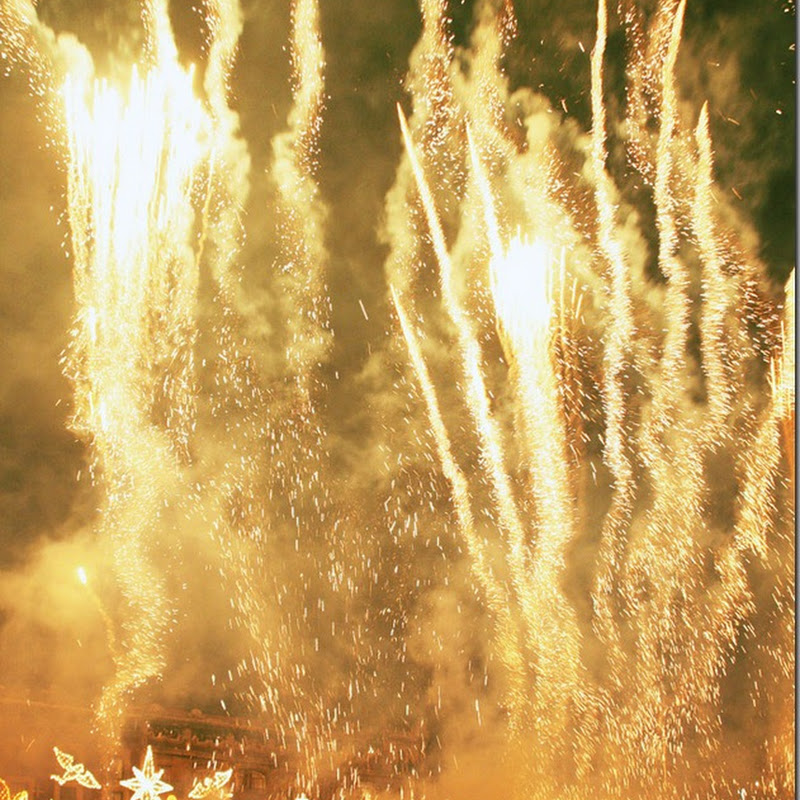Malaysia police break up protest
BBC (10/11/2007): Malaysian police have used tear gas and water cannon to disperse thousands of protesters who were marching in Kuala Lumpur to demand electoral reform.
The event was organised by a group called Bersih which is made up of opposition parties and dozens of non-governmental organisations.
The marchers were prevented from entering central Merdeka Square because police said they did not have a permit.
Police estimated the crowd at between 10-30,000 people.
Rising tension
Heavy rains could not stop the marchers as they made their way along the roads on the side of Merdeka Square.
Many of them were in the yellow shirts which organisers had asked them to wear.
They were calling for changes to the electoral process in Malaysia to prevent fraud.
One demand is to use indelible ink to show who has voted.
Tension had been rising over the past few days with the prospect of violent confrontation at the march.
Prime Minister Abdullah Badawi said on Friday that he expected trouble, despite the police ban.
But participants told the BBC they had the democratic right to express their demands.
"We don't have to wait until election day, that's five years or more," one demonstrator told the BBC.
There was a heavy police presence and rally organisers said 20 people were arrested.
Although no one made it into the central square, a small group did march to the national palace, home of Malaysia's king, to present a memorandum detailing their concerns.
The event was organised by a group called Bersih which is made up of opposition parties and dozens of non-governmental organisations.
The marchers were prevented from entering central Merdeka Square because police said they did not have a permit.
Police estimated the crowd at between 10-30,000 people.
Rising tension
Heavy rains could not stop the marchers as they made their way along the roads on the side of Merdeka Square.
Many of them were in the yellow shirts which organisers had asked them to wear.
They were calling for changes to the electoral process in Malaysia to prevent fraud.
One demand is to use indelible ink to show who has voted.
Tension had been rising over the past few days with the prospect of violent confrontation at the march.
Prime Minister Abdullah Badawi said on Friday that he expected trouble, despite the police ban.
But participants told the BBC they had the democratic right to express their demands.
"We don't have to wait until election day, that's five years or more," one demonstrator told the BBC.
There was a heavy police presence and rally organisers said 20 people were arrested.
Although no one made it into the central square, a small group did march to the national palace, home of Malaysia's king, to present a memorandum detailing their concerns.
















































































































































































0 comments:
Post a Comment